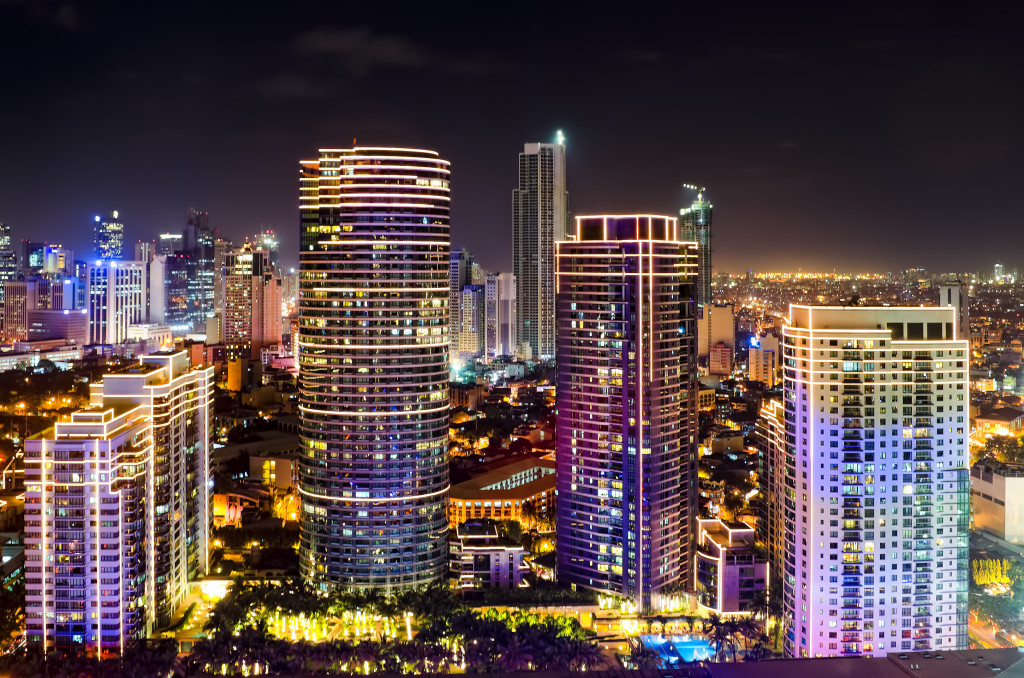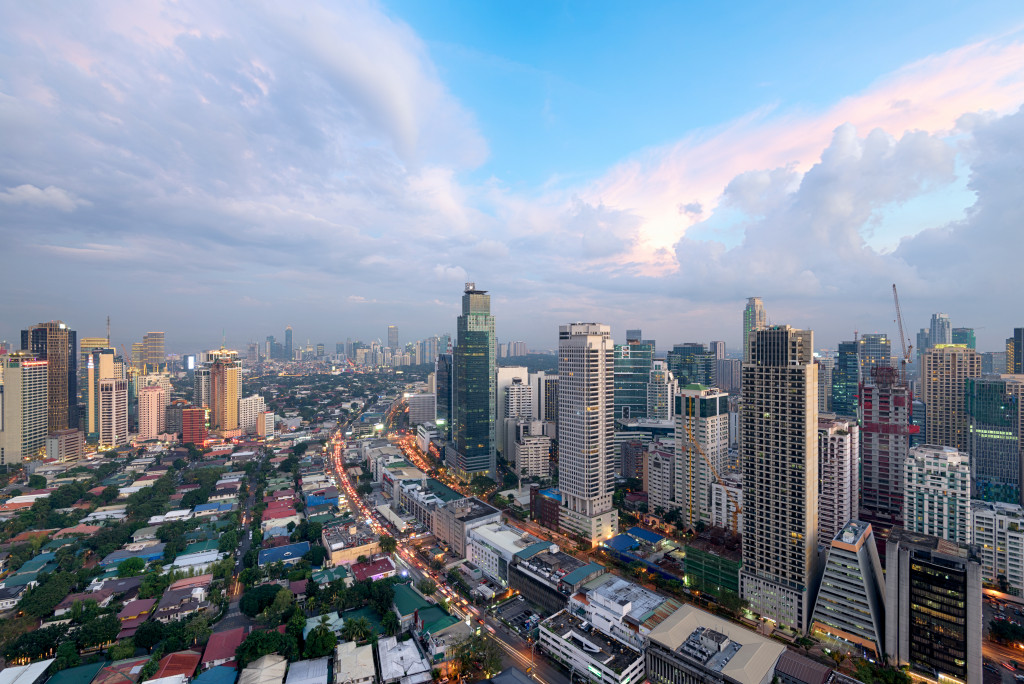Contemplating a move to the big city? While there are many benefits to city living, it’s important to be aware of the potential health risks that come with it. Big-city living can affect your physical and mental health, from air and noise pollution to a lack of green space and stress. Keep reading to learn about a few of the most common health risks associated with living in a big city:
Air pollution
Life in a big city has its ups and downs, but one thing is certain: air pollution levels will be high. Factories and motor vehicles release pollutants into the atmosphere, leaving dangerous toxins in the air. Unfortunately, these pollutants can cause long-term health problems with extended exposure. Common symptoms associated with air pollution include coughing, difficulty breathing, asthma attacks, fatigue, headaches, chest pain, eye irritation, and more. In fact, some studies have even linked prolonged exposure to certain pollutants with an increased risk of developing certain cancers.
Children need to be aware of the risks associated with air pollution as their bodies are still developing – young lungs process pollutants more quickly than adults, which puts them at a higher risk for serious health issues. If you live in a densely populated urban area, it’s essential to take steps to protect your family from elevated pollution levels by staying informed about the local quality of air reports and avoiding outdoor activities on heavily polluted days.
Noise pollution
With large populations and busy streets, many cities experience noise pollution daily. Living in an urban area can be quite noisy, from the regular rumble of traffic to loud music from passing cars. While most people don’t always notice it, too much noise can negatively affect health. For example, research shows that noise pollution increases stress and anxiety levels. Studies also suggest that exposure to sounds over seventy decibels can disturb sleep patterns and lead to fatigue during the day. In extreme cases, hearing loss is a real possibility with long-term exposure to loud noises.
To avoid these unwanted side effects, you should ensure you are not exposed to excessive noise for extended periods. Items like special windows with increased insulation or sound machine may help reduce background noise while sleeping or relaxing. Moreover, ear protection should always be worn while participating in leisure activities like concerts, sports events, or festivals.
Stressful environments
Urban populations often have to deal with relentless noise from traffic, construction, neighbors, crowds, and other stressors that come with living in an area of high density. Additionally, overworked city dwellers tend to take less time off and commit to a tougher work/life balance than suburban or rural residents. These stressors create an environment that’s not conducive to good health. Regular exposure to stress can cause chronic fatigue and sleeplessness, immune systems may become suppressed, and there may even be a heightened risk of serious psychiatric disorders like depression or anxiety disorders.
For all these reasons, you need to find ways to reduce your life’s stress. Taking regular breaks away from the city’s hustle and bustle or engaging in calming activities like meditation can go a long way to reduce stress levels, allowing you to lead a happier, healthier life free of unnecessary risks.

Bright city lights
Many big cities are also known for their bright lights, which have the potential to disrupt sleep cycles and even upset circadian rhythms. This can lead to several health-related problems, but one major effect it can have is damaging your eyesight. Too much exposure to bright lights can cause overexposure to blue light, a known risk factor for age-related macular degeneration. This condition affects the eyes and causes vision loss as you get older.
Luckily, there are ways you can block out harmful lights, especially if you live in major cities. For example, if you live in the big apple, you can get special glasses from a great eyeglass store in New York city that are specifically designed to block out blue light. This can help prevent serious damage to your eyesight and preserve your vision for as long as possible. A good eyeglass store may also have tinted lenses that can help you sleep better at night and reduce the impact of bright city lights on your circadian rhythms.
While there are many great things about living in a big city, it’s important to be aware of the potential health risks that come with it. From air pollution and noise pollution to stressful environments and bright city lights, plenty of things can impact your physical and mental health when moving to the city. But by being mindful of these risks and taking steps to mitigate them, you can still enjoy all that urban living offers while keeping yourself healthy and happy.

